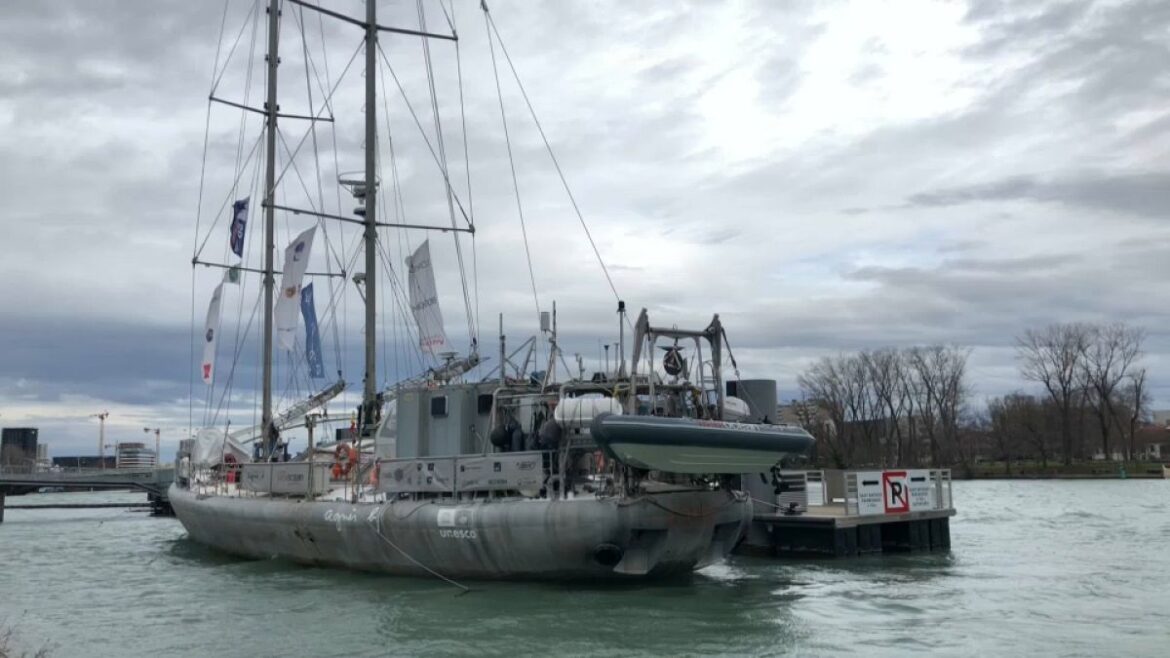Since April 2023, a team of scientists has been collecting data on the European coastline as part of a mission that will last until July 2024.
The Tara Europa Boat looks like an ordinary sailboat, but it is actually a floating scientific laboratory.
“The objective of the Tara Europa Trek mission is to measure the impact of human activity on the coast, which is a place of great biodiversity“, explains Henri-Bernard Costa, head of public affairs at the Tara Foundation.
Since April 2023, a team of scientists has been sailing around the European coasts to assess pollution and the health of the waters.
Their goal is to cover 25,520 kilometers of coastline.
Assessing pollution levels in European waters is an urgent issue, given that 40% of the European population lives in a coastal region.
“Pollution travels, so do chemical molecules. There are no borders to pollution, we must be aware that everything that impacts one part of nature also affects it as a whole,” says Mr. Costa.
“Our goal is to obtain a holistic view of what is happening on the continent, in order to assess which issues need to be prioritized to ensure the health of our oceans“, he adds.
At the heart of Tara is a converted boat cabin, where the team of scientists store their machines. Although scientists have already collected a large amount of data, it could be a decade before the expedition’s findings are made public.
Once collected, the water samples are sent to other laboratories for examination, which is a lengthy process.
Scientists have already “tracked down some 4,000 chemicals, pesticides and pharmaceuticals that were listed. They check whether they are already detectable on land and at sea, and analyze their interaction with microorganisms“, explains Martin Hertau, the captain of the Tara Europa Boat.
This expedition is far from being the Foundation’s first: since 2003, the organization has already launched seven major scientific exploration missions.



